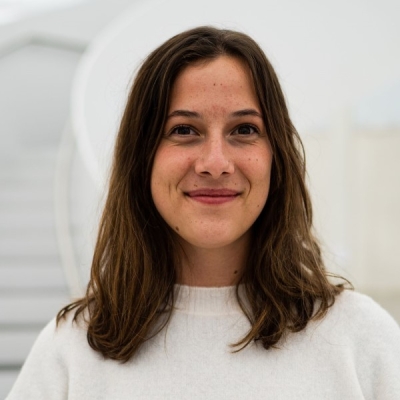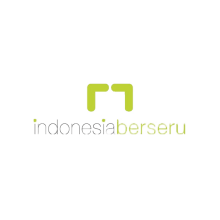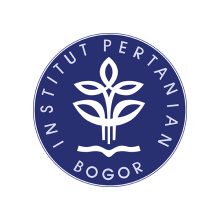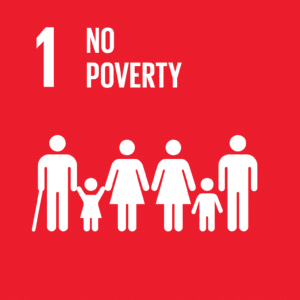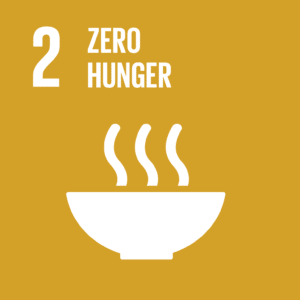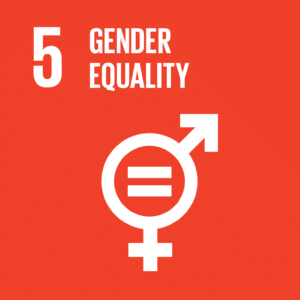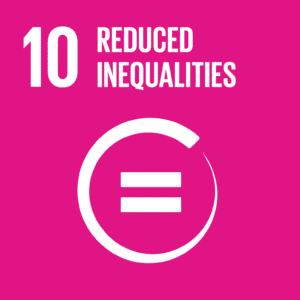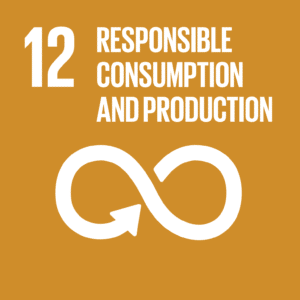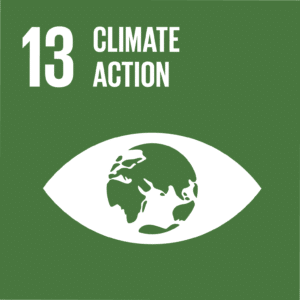Development of a scalable, circular urban agriculture model
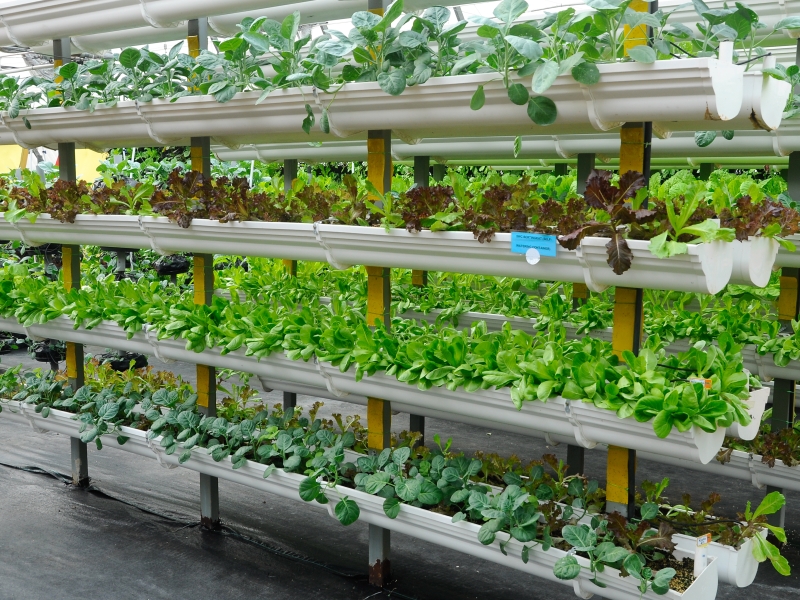
Guaranteeing food security in Depok, Indonesia
Rapid urbanization and the loss of green spaces have contributed to the increasing average temperature of Deepok city (West Java, Indonesia). The city needs an additional 9% of green spaces to lower the heat to a moderate level. Urbanization has also increased pressure on food supply. Before the 1980s, Depok was dominated by agriculture. Now agriculture only contributes 1.3% to the economy.
In addition, the capacity of the city’s landfill is 1,3 million m². Waste volumes have already reached 2,6 million m². So waste is another challenge.
In the medium-term development plan for Depok city, environmental issues such as green spaces and waste have been mentioned as strategic priorities. But food security has not been included as a strategic issue.
Ecological urban agriculture according to the principles of regenerative agriculture
Urban agriculture will guarantee food security. A scalable, circular urban agriculture model which transforms food waste into fertilizer will be developed. Composting facilities, biocontrol agents to avoid the use of pesticide, nurseries, verticulture and drip irrigation will be used.
Ecological urban agriculture will be applied on six demo plots according to the principles of regenerative agriculture.
The project will also deliver a study on the economic impacts of urban agriculture that will measure the reduction of household food waste, the effects of composting on greenhouse gas emissions, and the productivity of regenerative agriculture.
Food loss and waste represent 8% of global greenhouse gas emissions. The circular food economy model will ensure that the amount of food waste in landfills will be reduced. This will contribute to lowering emissions of methane.
Local communities will be given training on regenerative agriculture and food waste. It is expected that 50% of household food waste will be converted into other products such as fertilizer.
Want to know more about this project?
